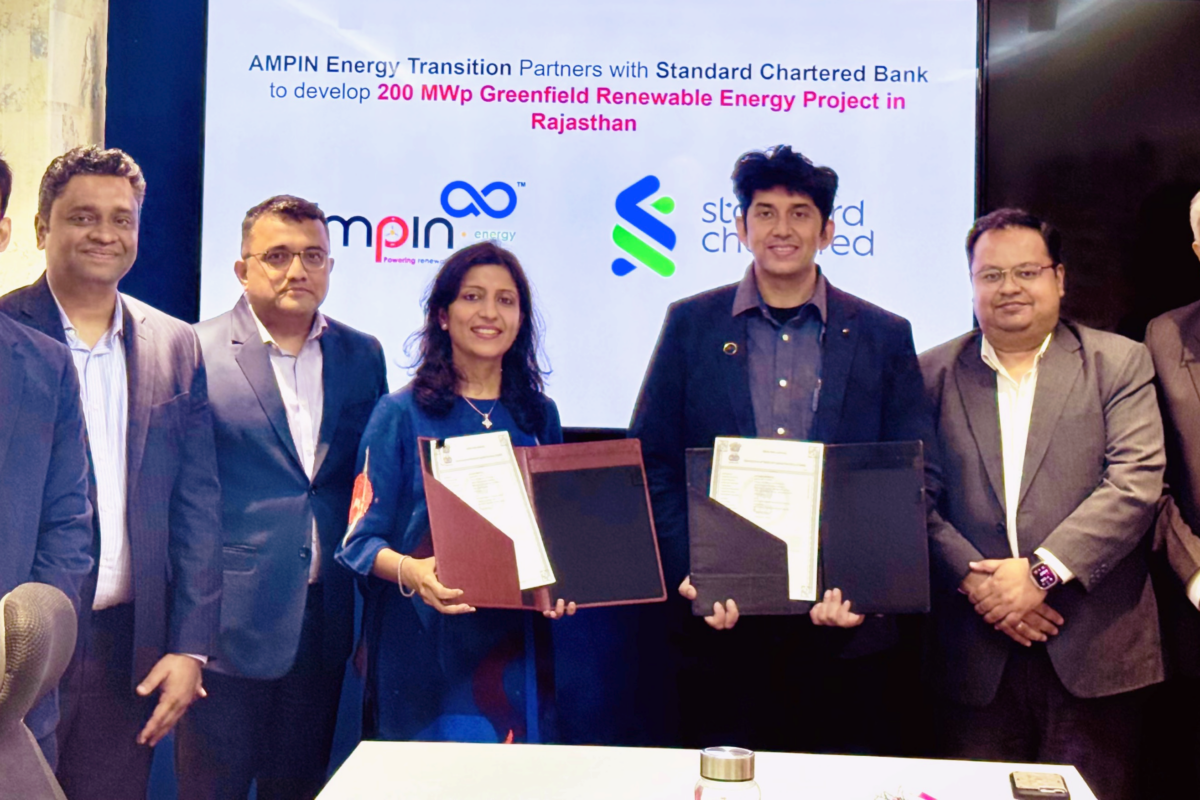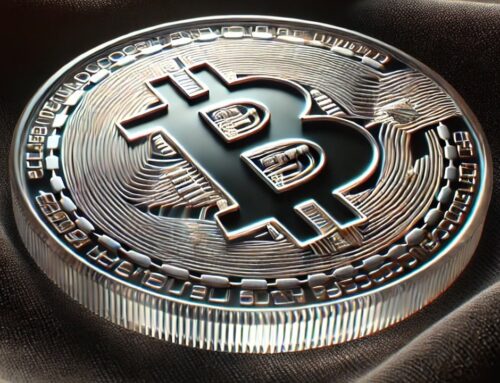IRENA calls for greater gender inclusion in decentralized energy sector
October 27, 2024
The International Renewable Energy Agency’s (IRENA) latest report says that women’s roles in decentralized renewable energy are critical to achieving universal electricity access in underserved communities.
October 28, 2024
IRENA is calling on policymakers and businesses to make gender inclusion a pillar of the decentralized energy sector’s future development.
The association’s latest report, “Decentralised Solar PV, A Gender Perspective,” says decentralized renewable energy, and in particular solar, can provide much-needed energy access to remote and hard-to-electrify communities. It adds that the role of women in this deployment, particularly in rural areas, can help to accelerate adoption and implementation of off-grid energy solutions, while also driving socioeconomic transformation at the grassroots level.
“Women’s unique position within their communities means that in rural areas they often serve as primary energy managers within their households, giving them a deep understanding of local needs and dynamics,” the report says. “Their involvement in off-grid energy initiatives can significantly enhance the effectiveness and reach of these projects. Women can facilitate trust and communication between project developers and local communities, ensuring that the solutions provided are tailored to the specific needs and preferences of the users. Their participation can lead to higher acceptance rates and more sustainable outcomes, as women are adept at mobilizing community resources and fostering collective action.”
Figures from IRENA show the share of women in the global solar workforce at 40%. In Africa, women hold 38% of all employment positions in the sector, but the share drops to 24% among science, technology, engineering and mathematics roles in the PV sector, and down to 22% among other technical jobs. Leadership positions show greater disparities, with women holding only 18% of management roles and 15% of senior management positions.
IRENA says women entering the off-grid sector face similar challenges as in the on-grid market, including societal constraints, issues of self-perception, lack of opportunities for education and training, employer and customer biases, pay gaps, safety and mobility concerns, and a lack of workplace flexibility.
To make gender inclusion a pillar of the decentralized energy sector’s development, IRENA’s report calls for gender to be mainstreamed in all energy policies and programs, ensuring equal access to training, employment and entrepreneurship opportunities across the entire energy spectrum.
It says policymakers should incorporate gender analysis into the planning, design and implementation stages of energy programs, ensuring that the unique needs, barriers and potential contributions of women are considered at every level.
The report also calls for specific skill-building opportunities for women across all required competencies, ensuring that training programs are delivered in formats accessible to women such as flexible schedules, localized training centers, and online modules for those in remote areas.
It adds that financial support such as scholarships and stipends will be essential to help women overcome barriers to participation and to increase incentives for young women to move into the sector. It also suggests better data is needed at the country and community levels in the off-grid sector to gain more knowledge of women’s inclusion in the sector.
This content is protected by copyright and may not be reused. If you want to cooperate with us and would like to reuse some of our content, please contact: editors@pv-magazine.com.
Search
RECENT PRESS RELEASES
Related Post




